29
Can I lift my hand up to heaven, and declare to him that lives forever and ever, “Lord, You know all things. You know that I love You”?
Psalm 139 (NRSV) begins with, “O LORD, you have searched me and known me” (verse 1). God knows us better than we know ourselves, and the good news is that God still bothers to be our God. The writer goes on: “Even before a word is on my tongue, O LORD, you know it completely” (verse 4). If God knows everything that we are going to say or do, some might ask, “Then what’s the point?” Why pray? Why seek God’s guidance or express our desires? Some may hear this psalm as an expression of God’s glory, power, and magnificence, but I think a better reading of this familiar psalm is as an expression of God’s patience and grace. It’s humbling to hear that God knows what we are going to say, and yet God has the patience to listen anyway. It is a knowledge that certainly surpasses my understanding for God to know and search me and continue to covenant with me on the way that leads to life. God may indeed know what we are going to pray before we have the courage to form our words, but God is not a manager who is interested in the daily report. God is fundamentally interested in you. Think of it this way. Every morning before leaving for the office, I always tell my wife “I love you.” Saying “I love you” is not a conveyance of information; rather it is an investment in relationship.
The psalm continues with, “For it was you who formed my inward parts; you knit me together in my mother’s womb. I praise you, for I am fearfully and wonderfully made” (verses 13-14). I invite you for a moment to hear this psalm from Jesus’ lips. Christmas is a celebration remembering that God put on flesh and was born to show us what God’s love is. Hearing this psalm as part of Jesus’ praise offers a beautiful and haunting frame through which to hear these words to God. “Where can I go from your spirit . . . if I make my bed in Sheol, you are there . . . even the darkness is not dark to you. . . . In your book were written all the days that were formed for me” (verses 7, 8, 12, 16). Could it be that this psalm was part of Jesus’ devotion, so private that not even the Gospel writers knew to record it?
What does it mean to you that God knows all things and remains in a loving and covenantal relationship with us? Although this is an Easter story, this psalm reminds me of when Jesus met Peter on the lakeshore after the Resurrection. Jesus is standing around a charcoal fire, similar to the fire around which Peter had stood denying that he knew Jesus. In other words, Jesus knew. Jesus knew and appropriately asked Peter, “Do you love me?” Three times he asks, which may seem heavy-handed or abrasive, until we take a step back and recognize that Jesus is offering forgiveness for each time Peter denied him. Near the end of the story Peter seems offended and replies, “Lord, you know I love you” (John 21:15, 16, 17). Of course Jesus knew that, but sometimes we just have to say it out loud, and often more than once. The exchange between Jesus and Peter was not about sharing information; rather it was about the kind of love and patient grace God has for us in the person of Jesus.
The Lord searches us and knows all things, and yet still invites us into the life of God. May we declare, “You know that I love you!”
Rev. Matt Rawle
